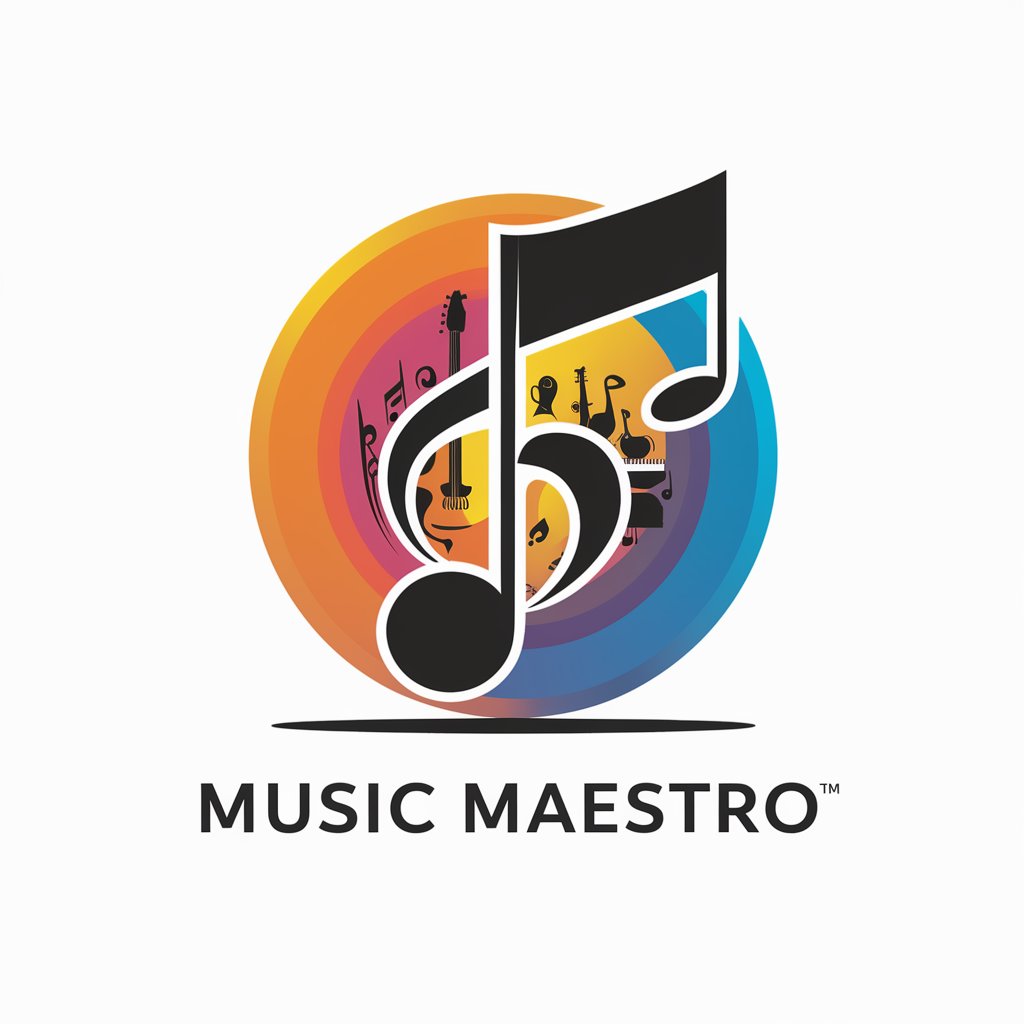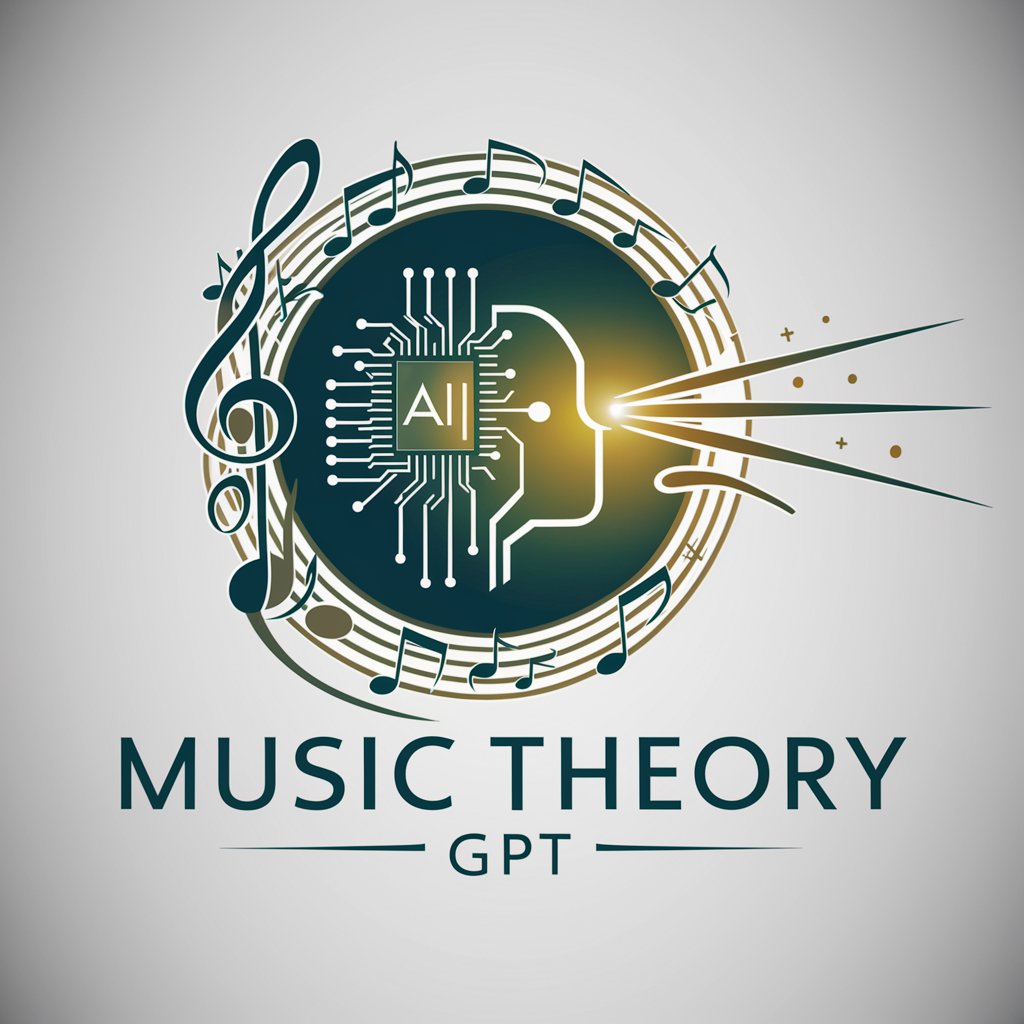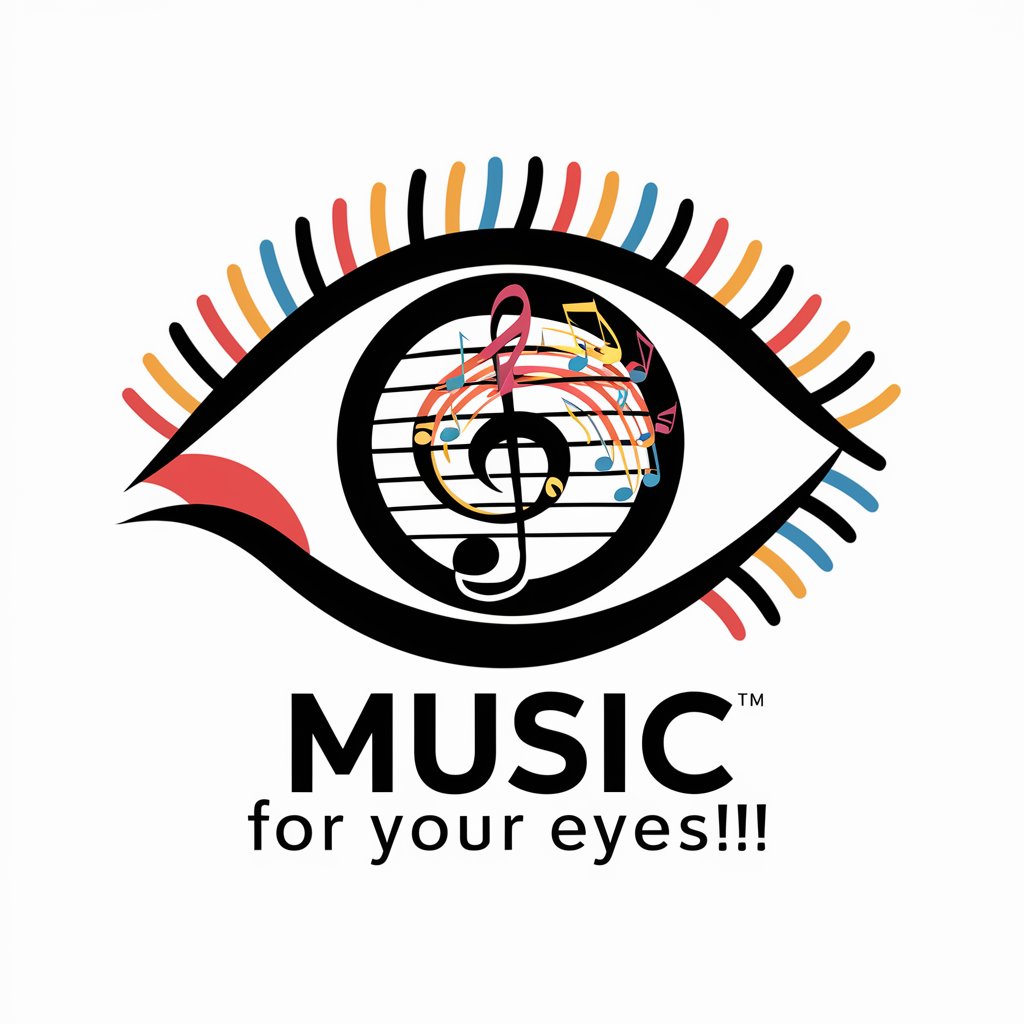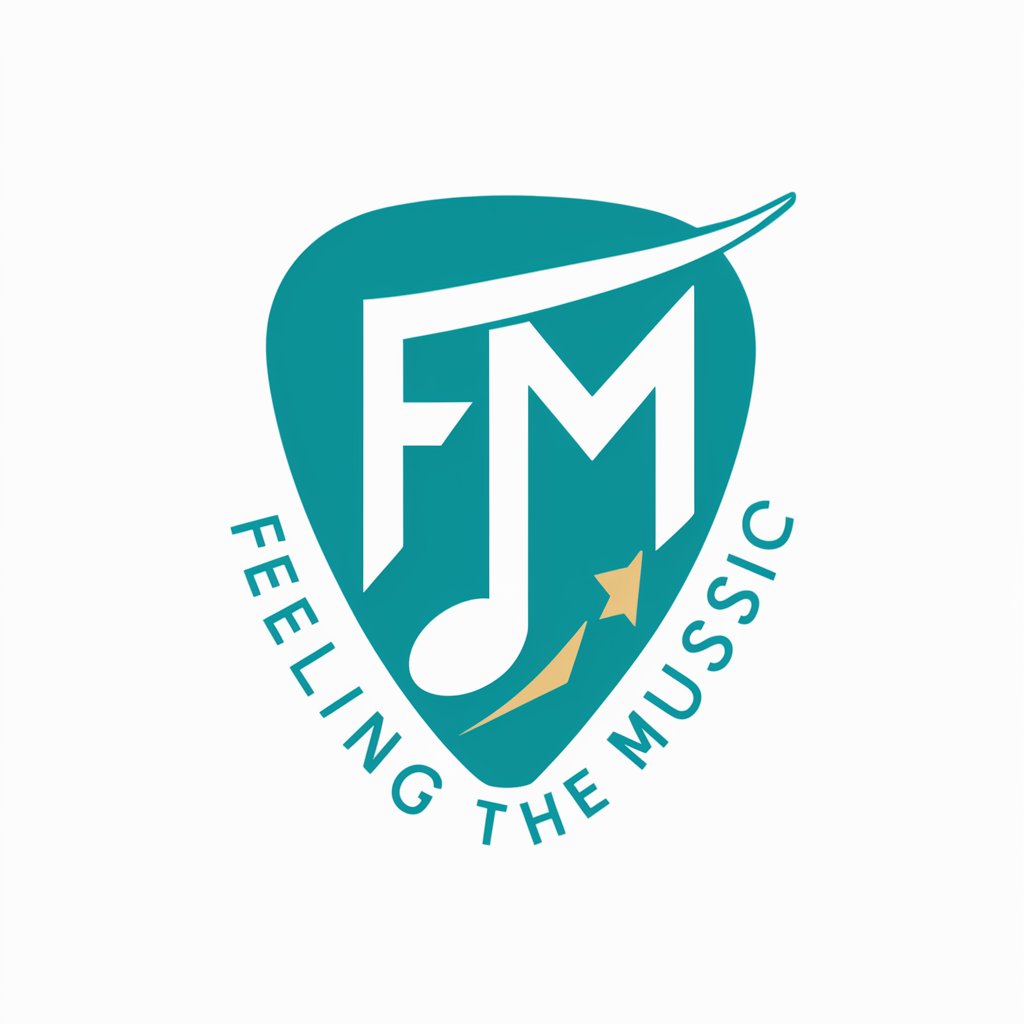
The Psychology Behind Creating Music - Interactive Music Psychology Insights
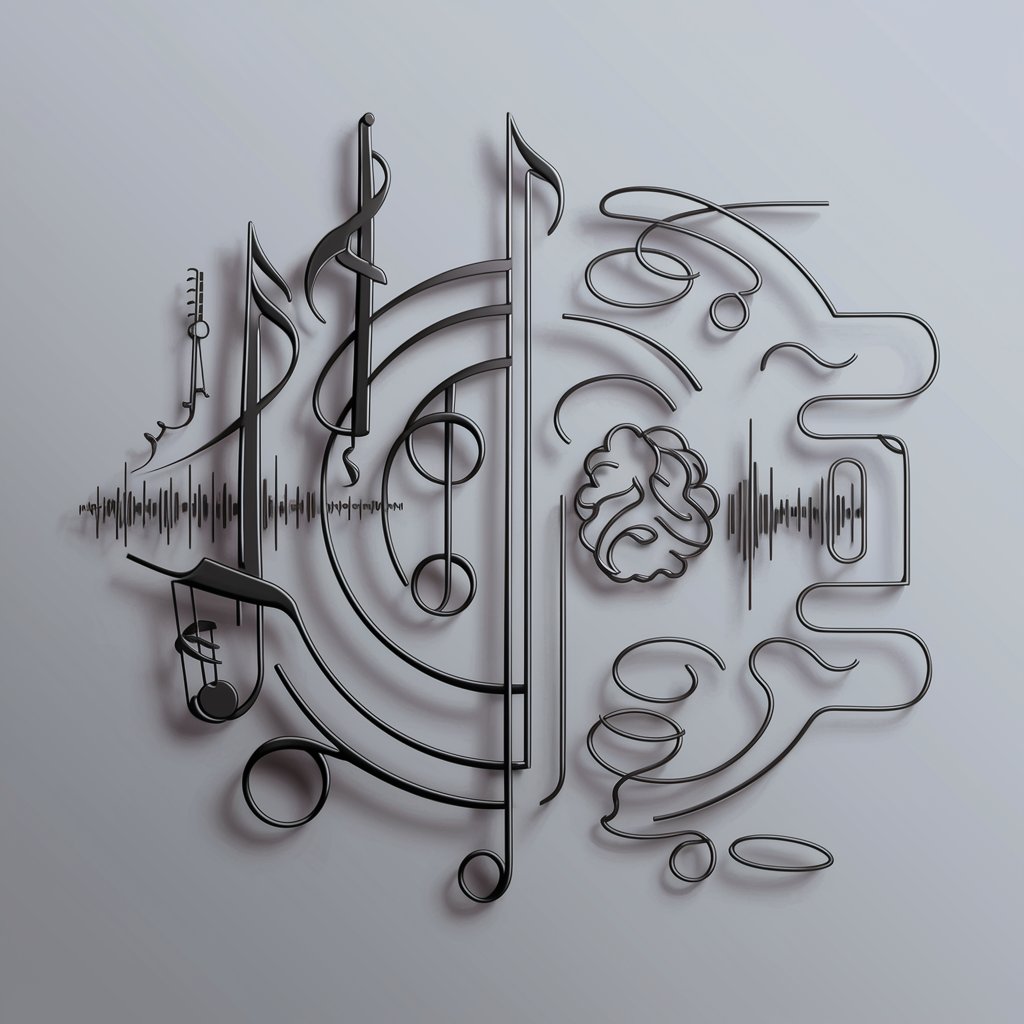
Welcome! Let's explore the fascinating links between psychology and music.
Discover the Mind's Melody with AI
How does music influence our emotional states?
What psychological principles explain our musical preferences?
In what ways can music enhance cognitive processes?
How do different genres of music impact our behavior?
Get Embed Code
Overview of The Psychology Behind Creating Music
The Psychology Behind Creating Music explores the complex interplay between psychology and music creation. It delves into how psychological factors influence the compositional process, performance, and perception of music. This includes examining how emotions, cognitive processes, and social contexts shape musical creativity and how music, in turn, impacts psychological states. For example, the use of minor keys in a composition to evoke sadness or nostalgia, or how group dynamics in a band influence the creation of music. This exploration serves educators, musicians, and researchers by providing insights that enhance understanding and practice in music-related fields. Powered by ChatGPT-4o。

Core Functions of The Psychology Behind Creating Music
Analyzing Emotional Impact
Example
Studying how different musical scales affect listeners' emotions.
Scenario
A music therapist might use this information to select scales and modes that help clients express or process difficult emotions during therapy sessions.
Exploring Cognitive Processes
Example
Investigating how complex rhythms challenge the cognitive faculties of both performers and listeners.
Scenario
A music educator could apply these insights to develop training programs that enhance cognitive flexibility and auditory skills among students.
Understanding Social Influence
Example
Examining how collaborative environments in music creation affect the psychological well-being of artists.
Scenario
Researchers might study the dynamics of a band to understand how interpersonal relationships and group cohesion contribute to the success and mental health of its members.
Who Benefits from The Psychology Behind Creating Music?
Musicians and Composers
These users gain insights into how psychological principles can be applied to enhance creativity, performance, and emotional expression in their work.
Music Educators
Educators utilize these insights to develop more effective teaching strategies that consider the psychological aspects of learning and performing music, fostering a deeper connection with music among students.
Music Therapists
Therapists apply knowledge about the emotional and cognitive effects of music to improve therapeutic outcomes, tailoring interventions to better meet the needs of their clients.

How to Use The Psychology Behind Creating Music
Start Free Trial
Begin by visiting yeschat.ai to access a free trial of the tool without the need for logging in or subscribing to ChatGPT Plus.
Explore Features
Familiarize yourself with the various features, including the ability to generate music psychology insights, understand emotional responses to music, and explore the cognitive aspects of musical engagement.
Set Your Objectives
Define what you wish to achieve with the tool, whether it's academic research, creative exploration, or understanding music therapy principles.
Interact and Learn
Use the interactive Q&A format to ask specific questions about music psychology, which can help deepen your understanding of how music impacts human emotion and cognition.
Review Insights
Regularly review the insights provided to optimize your learning or creative process, integrating these findings into your academic or professional projects.
Try other advanced and practical GPTs
The Psychology Behind Finance
Unlock Financial Wisdom with AI

유전질환
Decoding Genetics with AI

Inductive Reasoning
Harness AI for smarter inductive reasoning

Dominant boyfriend
Flirt with a digital rebel.

Deductive Reasoning
Empowering Decisions with AI-Driven Logic
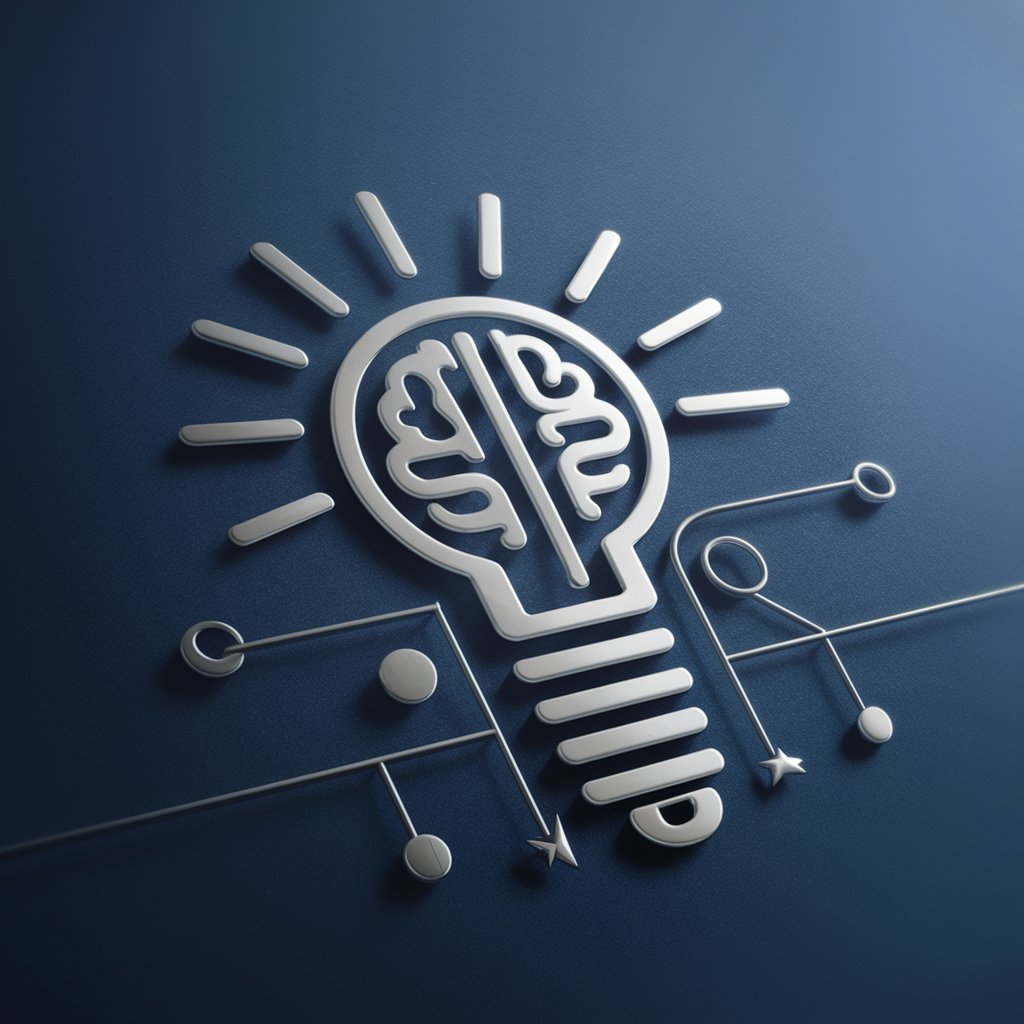
Top G AI
Empowering Leadership Through AI

Behind your wine bottle
Savor the perfect wine experience with AI-driven insights.

No Dog Left Behind Animal Rescue
Empowering AI to Save Paws

Two Steps Behind
Empowering Your Leadership Journey with AI
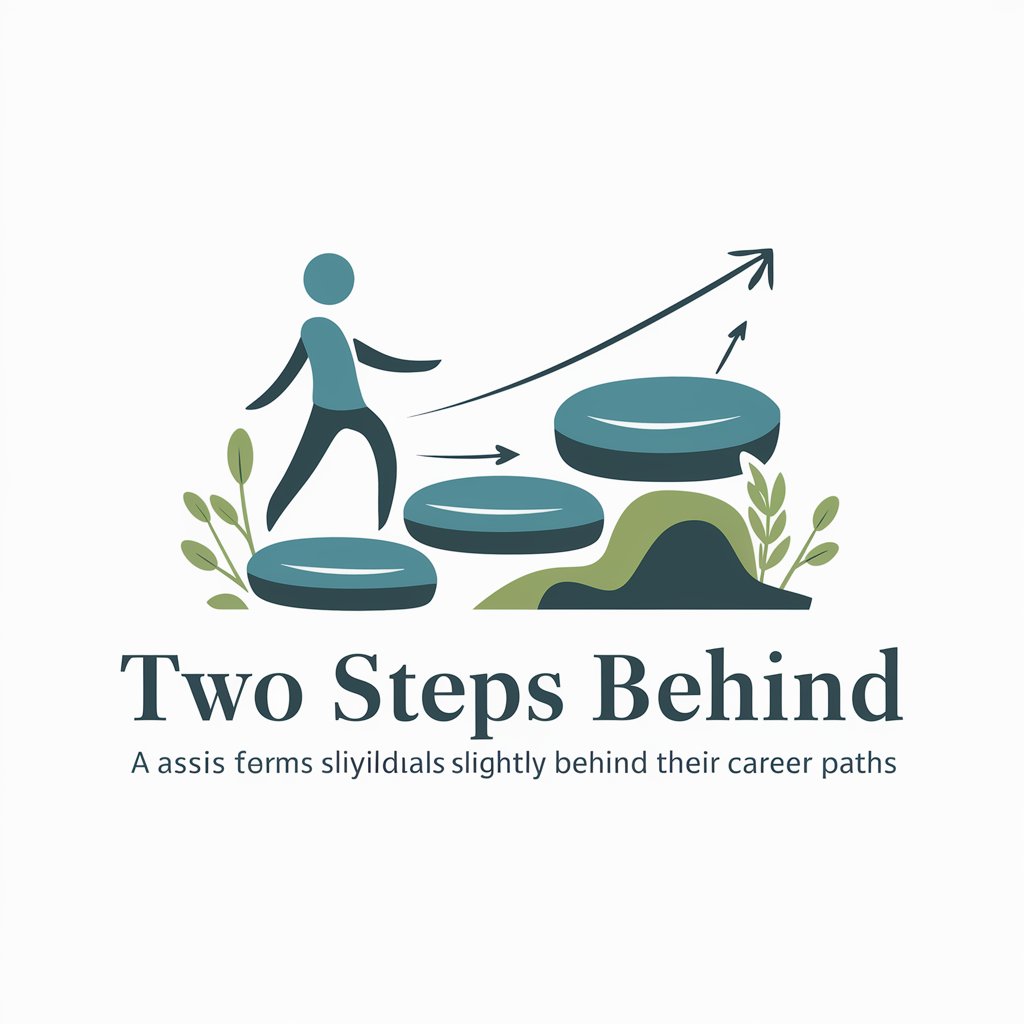
Numerology Navigator - Truth Behind Numbers
Unlock the secrets of numbers with AI

Cosmic Narrator
Explore the cosmos with AI-powered storytelling
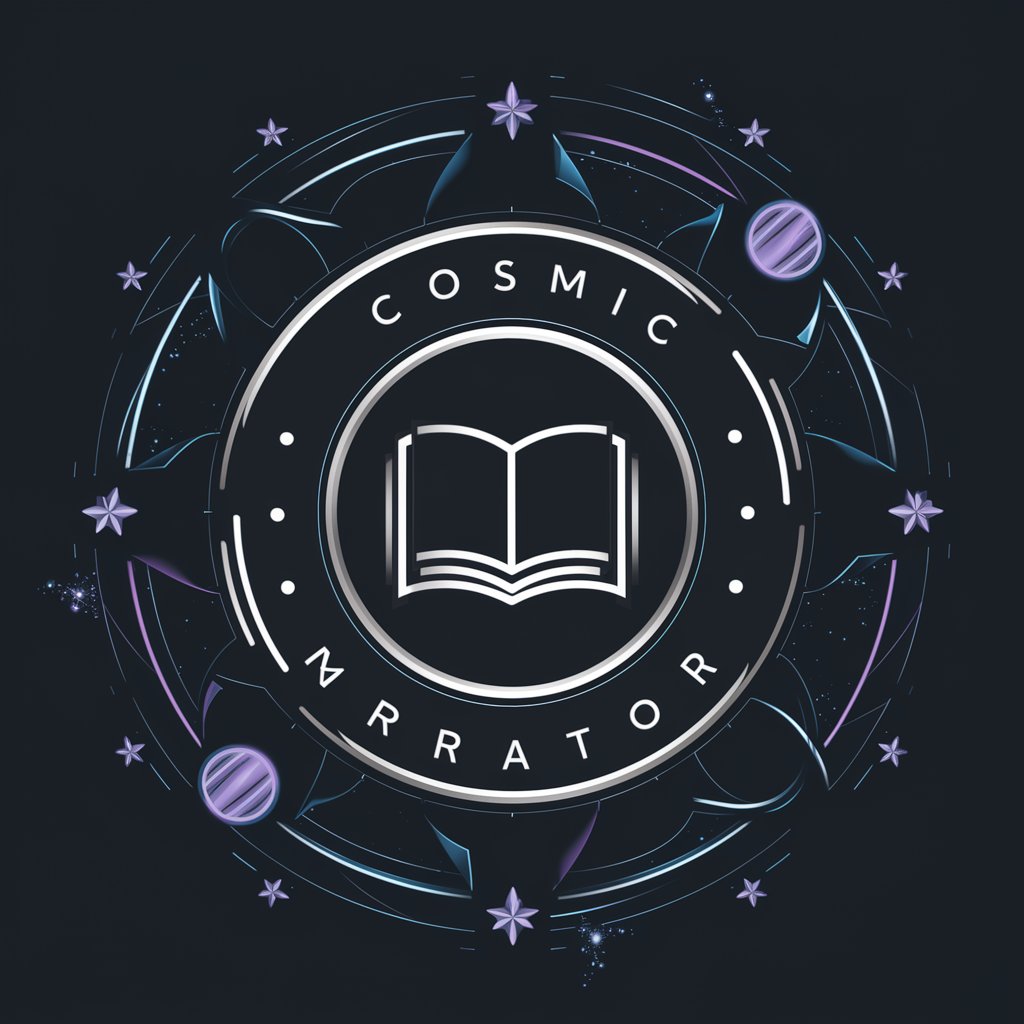
Tax Assistant Pro
Your AI-Powered Tax Guide

Frequently Asked Questions About The Psychology Behind Creating Music
How does music influence our emotions?
Music can profoundly impact our emotions through mechanisms like brainwave entrainment, release of neurotransmitters like dopamine, and activation of brain regions associated with emotion regulation, such as the amygdala and prefrontal cortex. Different types of music can evoke various emotional responses, influencing mood and even psychological well-being.
Can music affect cognitive development?
Yes, music has been shown to influence cognitive development in several ways. It can enhance learning and memory, improve attention and executive function, and even boost verbal intelligence and spatial reasoning skills. Music education, particularly learning to play an instrument, is associated with better academic performance and neuroplasticity.
What is music therapy and how does it apply?
Music therapy is a clinical approach to using music interventions to accomplish individualized goals within a therapeutic relationship. It can help manage stress, enhance memory, improve communication, and alleviate pain. Music therapists use music activities, including listening, singing, and playing instruments, to help clients achieve various health outcomes.
How can I use this tool for academic research?
Academics can use this tool to gather insights on the psychological effects of music, design studies, and review literature on music psychology. The tool offers support in conceptualizing research questions, providing relevant psychological theories, and suggesting empirical methods for investigating the psychological aspects of music.
What are some practical tips for using this tool effectively?
To use this tool effectively, be specific with your queries to generate precise answers, use the examples provided to form your hypotheses or educational content, and regularly explore the varied functionalities to stay updated with the latest insights in the field of music psychology.
